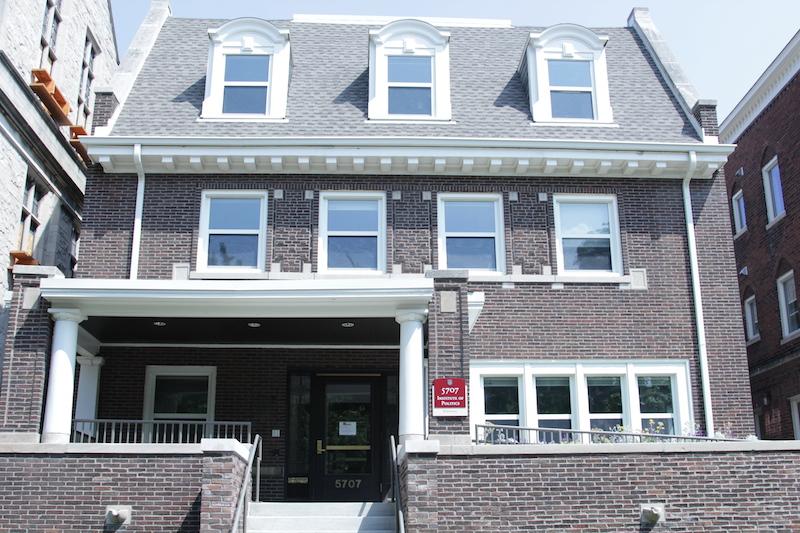In the months since stay-at-home orders went into effect, Chicago Mayor Lori Lightfoot has risen to prominence for her prompt and strict enforcement of public health measures. After closing the lakefront in May, Chicagoans took to social media to express their opinions through memes.
In a conversation with David Axelrod as part of his The Axe Files podcast series, Lightfoot said she isn’t active on digital platforms herself but has worked with her creative team to use social media platforms, including TikTok, as a way to share public health advisories.
Although the COVID-19 pandemic has affected many aspects of normal life, Lightfoot said that her political goals are not affected by the economic constraints of the pandemic. “We’re not going to solve the problem [of inequality] in its entirety in the arc of this virus, but we’ve got to accelerate the plans that we previously had and start to address these long-standing problems,” Lightfoot said.
Lightfoot campaigned off a platform to end poverty in Chicago and has focused the beginning of her term toward achieving “inclusive growth” with economic policies that benefit all of Chicago’s neighborhoods, including the most vulnerable. Lightfoot claims this is necessary to fulfill the vision of the global city she and her constituents envision.
“We have to continue to speak our values even in these tough economic times. If we shed and move away from those communities that are most in need right now, we’re giving up on huge swaths of Chicago,” Lightfoot said.
Lightfoot stressed the importance of being “responsive and close to the ground” in vulnerable and marginalized neighborhoods by embracing community partners, empowering through information, and providing greater access to health care.
Axelrod pointed out that, in many ways, COVID-19 has exposed the “fault lines” of Chicago’s racial and economic inequalities. He noted that the same communities that struggle in normal times are usually the first to fail in times of crisis, a phenomenon that is reflected in the incoming data that shows disproportionate tolls on Chicago’s Black communities.
Yet, Axelrod questioned the practicality of fighting poverty at a time when the City itself has such constrained economic resources. Chicago has received federal aid from Congress and through the Coronavirus Aid, Relief and Economic Security (CARES) Act, but Lightfoot has claimed it is not enough.
Partnerships are crucial, she said, to support the City’s projects through investments and funding. “We can’t do these things and move the needle in a meaningful way without partnerships of the philanthropy community but also the business community,” Lightfoot said.
According to Lightfoot, one of the most crucial challenges Chicago faces is organizing and providing testing, which is necessary to control the virus and to begin to reopen the city. Lightfoot attributed the disorder around testing to the Trump administration’s negligence, calling it a “terrible indictment of the federal response,” which she says has been halted and nominal. “They weren’t bringing us into a lot of the early things that were necessary [for what] they were dictating that had to be operationalized at the local level,” Lightfoot said.
Plans to reopen the city are in the works, but Lightfoot says that any option would involve a gradual readjustment and continued precautions, namely wearing masks, social distancing, and limiting group size. Lightfoot explained that her method is to “play to the lowest common denominator,” in other words, someone who would ignore social-distancing guidelines. “What do we do to keep that person safe and minimize the risk that they’re going to pose to other people?” Lightfoot said.
With the weather warming and the summer season around the corner, Lightfoot is working with the public health department on plans to open parks and outdoor venues. “We as humans and, I think, certainly as Americans, take our physical liberty very seriously…. Our city is really built around having fun recreational and entertainment options, that’s one of the things that makes Chicago special.”
However, according to Lightfoot, even with plans in the works, the lakefront will not open anytime soon. Lightfoot also mentioned the possibility of resuming sporting events, although likely without a stadium audience, and opening schools this fall through a combination of virtual and in-person classes.










